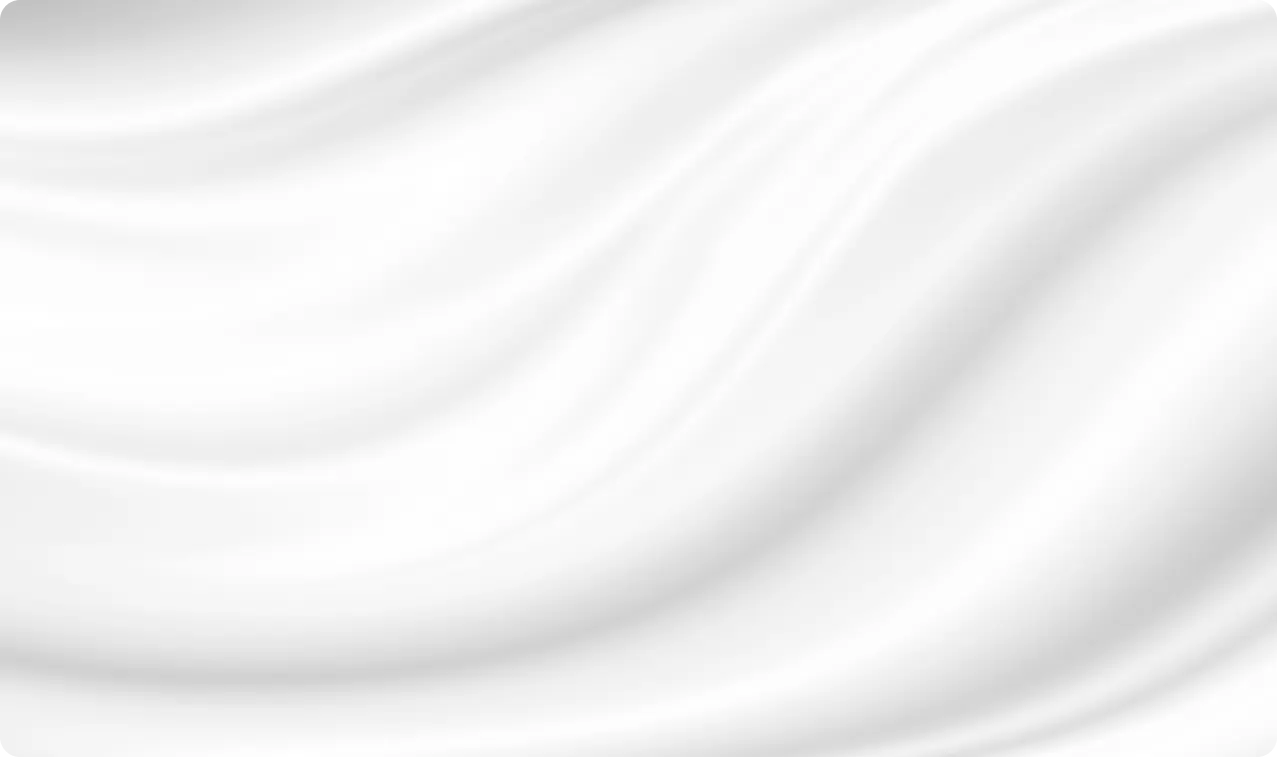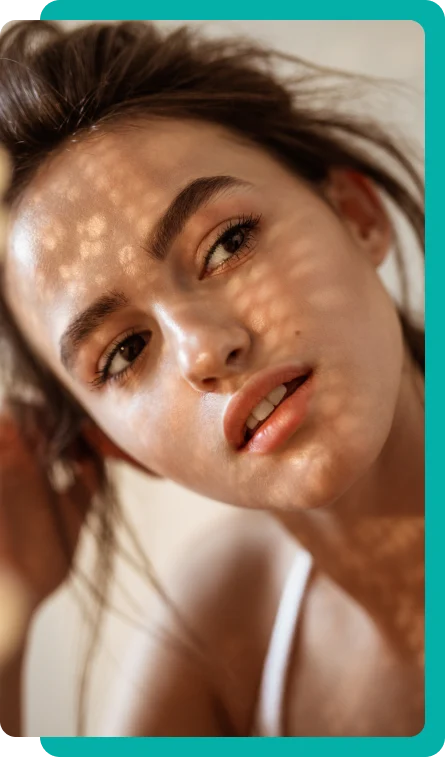For Patients
About
For Providers
Locations
Blog
Contact
Menu
We undergo cosmetic procedures in the hopes of being more beautiful by correcting skin imperfections like wrinkles or sagging cheeks. But before we achieve our beauty goals, we often have to see unsightly after effects, one of which is cheek filler swelling.
So how do you reduce cheek filler swelling? There are dos and don'ts for a patient to reduce cheek filler swelling and other complications associated with a cheek filler injection. This includes maintaining proper hydration, avoiding drinking alcoholic beverages, and ensuring that you have proper rest after the procedure.
The natural reaction of the skin and soft tissues against the foreign body injected and the act of injection itself generally result in swelling and bruising in the injection site of the injectable dermal fillers.
Compared to lip filler injections though, cheek filler injections result in less swelling because the filler material is injected deep and near the bones and cartilages, so the swelling may be hidden from view by the soft tissues above it.
Facial swelling, specifically malar edema if the procedure is done in the central midface as in a tear trough filler injection, shouldn't be a major cause of concern especially as it goes away on its own, with it being most pronounced within 24 to 72 hours after this injectable treatment. Swelling rarely lasts longer than this time frame.
If you're really worried about your facial swelling after your dermal filler treatment, it would be best to consult your plastic surgeon on how you can decrease the swelling caused by this injectable treatment.
Alternatively, you may also try doing the following to help alleviate the swelling after a dermal filler injection:
There are also things that should be avoided after an injectable filler so as not to exacerbate the side effects like swelling and bruising. Here are some of those that must be avoided:
You must also manage your expectations regarding the results of your dermal filler injection. You must know how long the results last so you'll also know when your next treatment sessions will be. It's also important to know the common side effects associated with a cheek filler so you're also aware of whether a condition you're experiencing after the treatment is normal or not.
Cheek fillers, like other dermal fillers, may last from 6 months to 2 years depending on the material you use. For example, a hyaluronic acid filler, the most temporary option suitable for first timers, may last from 6 to 18 months and may dissolve on their own, especially since the body produces it naturally, thus an enzyme called hyaluronidase which breaks it down is also found in the body.
Side effects of cheek filler injections and dermal filler injections in general are usually mild and self-limiting, meaning they disappear on their own and may be managed by home remedies. You may also ask prescription medicines from your doctor to help you manage these side effects. Other than swelling, other common side effects associated with a cheek filler injection include the following:
Despite the precautions you may have exercised before undergoing a cheek filler treatment, it may still so happen that the cheek fillers you've been injected with aren't for you. The chances of the occurrence of a complication may also increase should you opt to go to a non-licensed practitioner for your cheek fillers.
Prolonged side effects are usual telltale signs that you may be suffering from a cheek filler complication, thus necessitating its removal. Other reasons for the removal of a cheek filler include the following:
It's easy to "undo" a cheek filler if it's an HA filler because of its temporary nature. Hyaluronidase may be injected to the treated area to correct the issues mentioned above.
For other more permanent filler materials (and even for HA fillers), surgical removal of the material may be opted as well.

A cheek filler, like any other dermal filler, may cause swelling and other side effects. These may go away on their own or can be helped managed by observing plenty of rests, drinking lots of water, and avoiding blood thinning agents like alcohol and NSAIDs and aspirin.
Minimizing the complication is also a good idea, which may be done by opting to go to trusted and expert injectors of cheek fillers. At Dr. Lanna Aesthetics, we provide high-quality cheek fillers and other services suitable to the needs of our patients. Contact us at (929) 565-7539 to learn more about our world-class services.

Join Dr. Lanna & Dr. Doshi for a Transformation
Unlock the possibilities with our certified facial and oculofacial plastic surgeries. Attend our free webinar to find out how we can tailor solutions for you, with financing available to fit your budget.
